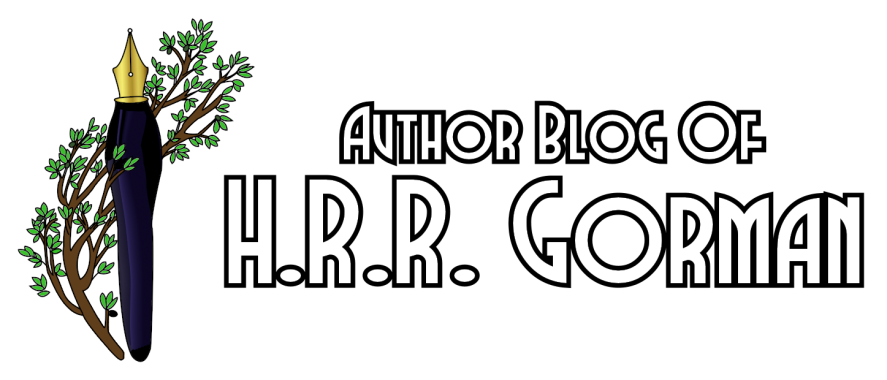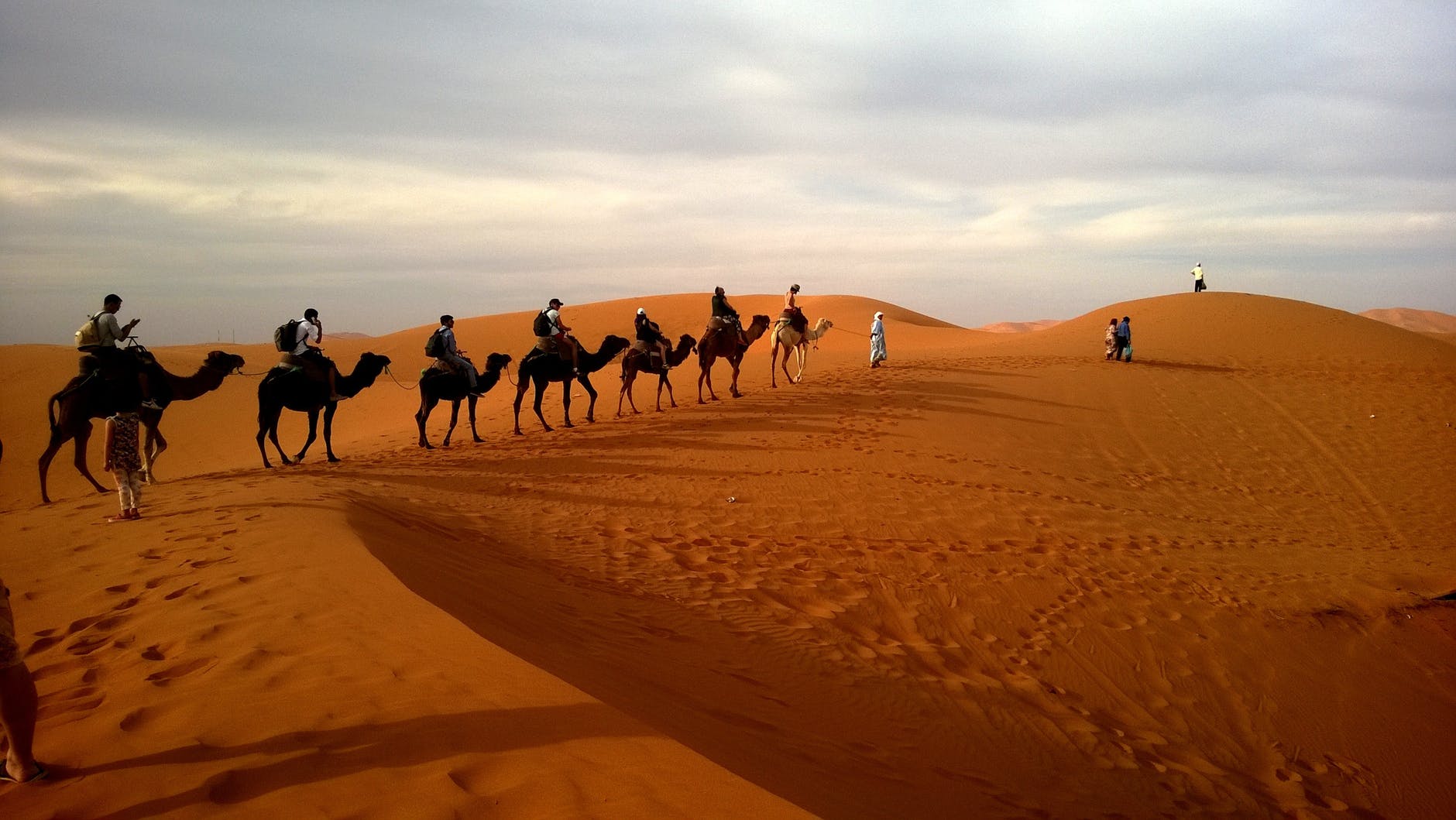
The amount of sugar I got was pitiful. “What’s this shit?” I asked the sharecropper who rented my land.
He looked to his feet, embarrassed. “Didn’t rain much, so nothin’ grew. This all we got to give ‘less we starve.”
“Then why aren’t you starving?” I ripped the sales report from his hands. “What did you do with this money you got?”
“Spent it on food for the winter.”
I shook the report at him. “That was my money. You’ll give double the percentage next year.”
“Ain’t gonna be no next year. We’re moving west, and you’ll get nothin’.”

This was written for the February 13th Flash Fiction Challenge at the Carrot Ranch: sugar report. While the definition of sugar report is something entirely different from what I wrote about, I’ve been thinking about this story for a while this month.
February is Black History Month, and sharecropping is a part of black history that’s often been glanced over. Sharecropping is where tenants pay rent to work the land, wherein payment is usually in the form of a portion of the crops. Landlords (usually the people who used to own the plantations) would be harsh in their demands, and sharecroppers would often be trapped since they had to work harder to pay their rent. It doesn’t sound like slavery really ended after the Civil War, does it?
But we also forget that America’s history is shaped by the frontier (aaaand different atrocities associated with that, but that’s for another day). African American settlers helped define the west as part of a way to find new adventures and burst out of the sharecropping/oppression/abuse cycle. That’s why I chose to give that glimmer of hope at the end of the story: the west, the frontier, the ever-shifting upward momentum was a chance many grasped at. Black settlers are getting a well-deserved historical re-examination nowadays, and I’m excited to see what things historians find next.
Sharecropping was also a thing poor whites participated in; I had a white middle-school teacher who grew up as a sharecropper in Georgia, and man did she have it rough as a kid. When I think about her, about the continued wage-slavery imparted by sharecropping and other worker-abusive practices, I think about how people of all races and colors can be helped by the same policies, laws, regulations, and, most of all,
Kindness.
Image by JamesDeMers from Pixabay













You must be logged in to post a comment.